
OR
More evidence against Joshee makes endorsement harder
Published On: August 1, 2018 06:30 AM NPT By: Republica | @RepublicaNepal
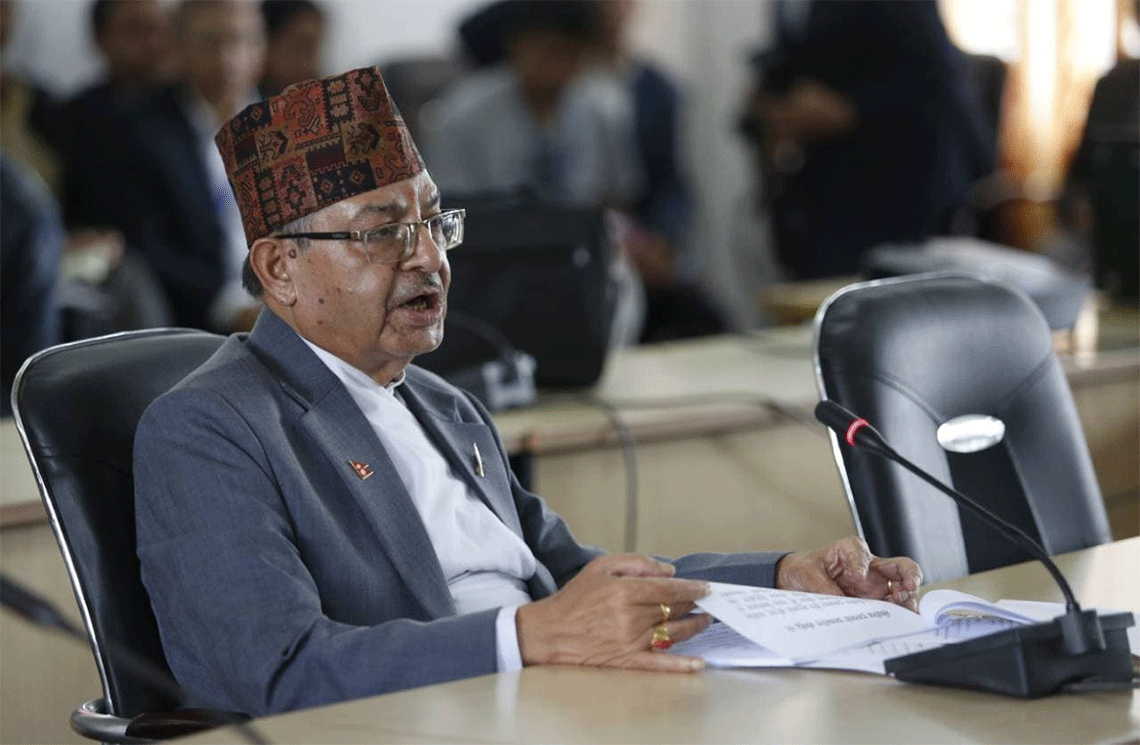
Ruling party lawmakers gather additional evidence against his eligibility
KATHMANDU, Aug 1: While the parliamentary hearings on proposed chief justice Deepak Raj Joshee had earlier become a knotty issue, lawmakers from the ruling party have gathered more evidence, making it more difficult to get him endorsed by the parliamentary committee.
Ahead of the Parliamentary Hearings Committee (PHC) meeting on Wednesday, ruling party lawmakers have collected more evidence to prove him ineligible for the top post in the judiciary.
Nepali Communist Party (NCP) lawmakers who have stood firmly against Joshee's candidacy have claimed that they have additional information about his academic documents, SLC certificate and date of birth records from the school where he completed his school level education and the office of the SLC Board.
According to a lawmaker, the symbol number mentioned on Joshee's academic documents was found in the name of another individual also and they plan to bring this up at the next committee meeting scheduled for Wednesday.
The NCP lawmakers have also obtained a copy of the note of dissent registered at the Judicial Council by Council member Ram Kumar Prasad Sah against the recommendation of Joshee as a Supreme Court justice in 2014. The lawmakers plan to present the document as strong evidence that he was a controversial individual in the judiciary. Sah in his note of dissent described Joshee as incompetent in the profession.
“Joshee's track record in his previous hearing to become justice was unimpressive as well. The then CPN-UML and Maoists along with two fringe parties had voted against his nomination at the time as well,” said a NCP lawmaker on Tuesday.
Out of 72 members in the hearings committee at the time, 25 had voted against his candidacy. Parliamentary officials said it was the first time that the hearings committee had conducted a formal vote to decide about a nominee for a Justice.
However, such evidence is not being gathered through the parliamentary committee secretariat. The committee working procedure states that the committee can write to government agencies concerned for any document, form a sub-committee to probe any serious issue and invite experts and civil society members for suggestions.
NCP lawmakers have stood for rejecting acting chief justice Joshee's nomination to the helm of the judiciary, which is likely to be opposed by the main opposition Nepali Congress (NC) in the committee. But as of Tuesday evening, the opposition party didn't seem clear whether to support his candidacy or not.
A lawmaker from the NC said the party lawmakers were undecided about their position as the hearings committee had not debated questions about qualification in the committee. “The committee members should be convinced about the decision of the committee. But the PHC has not deliberated Joshee's qualification or disqualification so far as the meeting has been deferred without any discussions,” said the member.
The hearings committee is widely expected to take a decision on Joshee Wednesday as ad-hoc chairperson of the committee Laxman Lal Karna said in the previous meeting that next meeting would reach a decision about the hearings. Given its two-thirds majority in the committee the ruling parties can reject Joshee's nomination . NCP has nine members and ruling coalition partner Federal Socialist Forum Nepal one member in the 15 member hearings committee. According to the parliamentary regulations, any recommendation can be rejected by a two-thirds (10 members) of the committee.
You May Like This
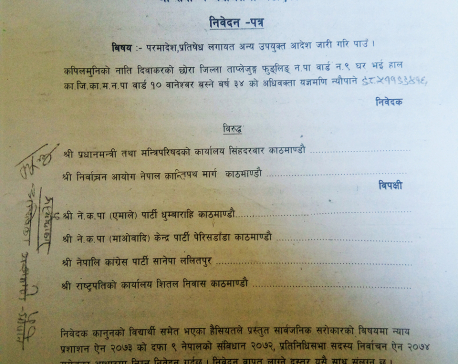
Writ filed at SC against delay on endorsement of Nat’l Assembly ordinance (with full text)
KATHMANDU, Dec 28: A writ petition has been registered at Supreme Court demanding immediate endorsement of the National Assembly ordinance. Read More...
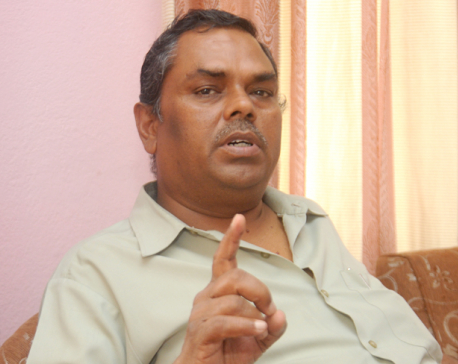
Impeachment motion against CJ Karki is against independence of judiciary: Yadav
KATHMANDU, May 1: Chairperson of the Federal Socialist Forum, Upendra Yadav has strongly criticized the Nepali Congress and the CPN... Read More...

Mourinho demands more from United fans against Liverpool
Manchester United manager Jose Mourinho has urged his fans to find their voice when they host Liverpool in the Premier... Read More...

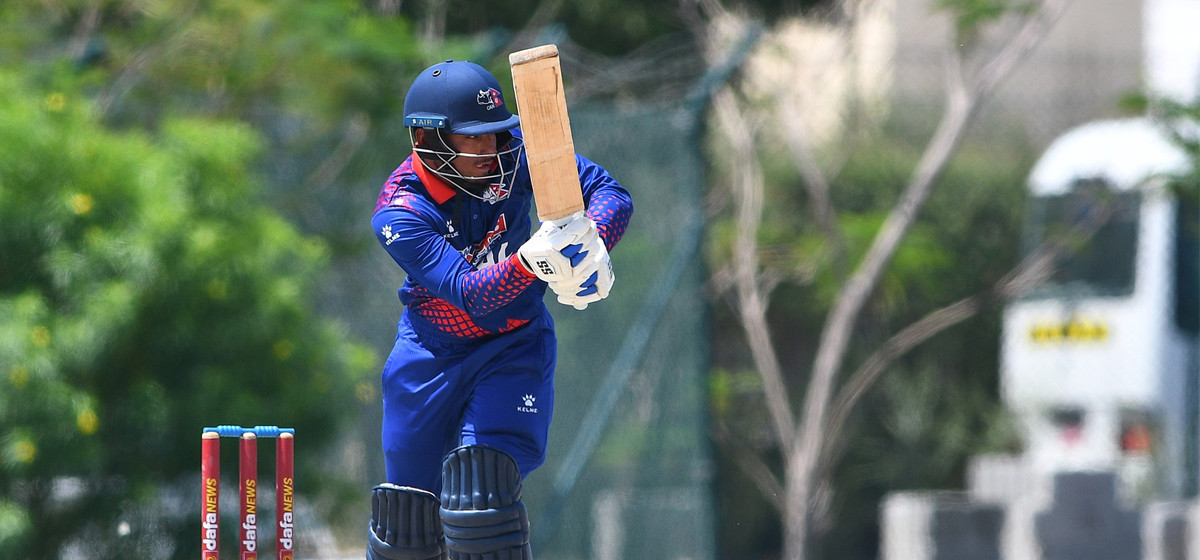
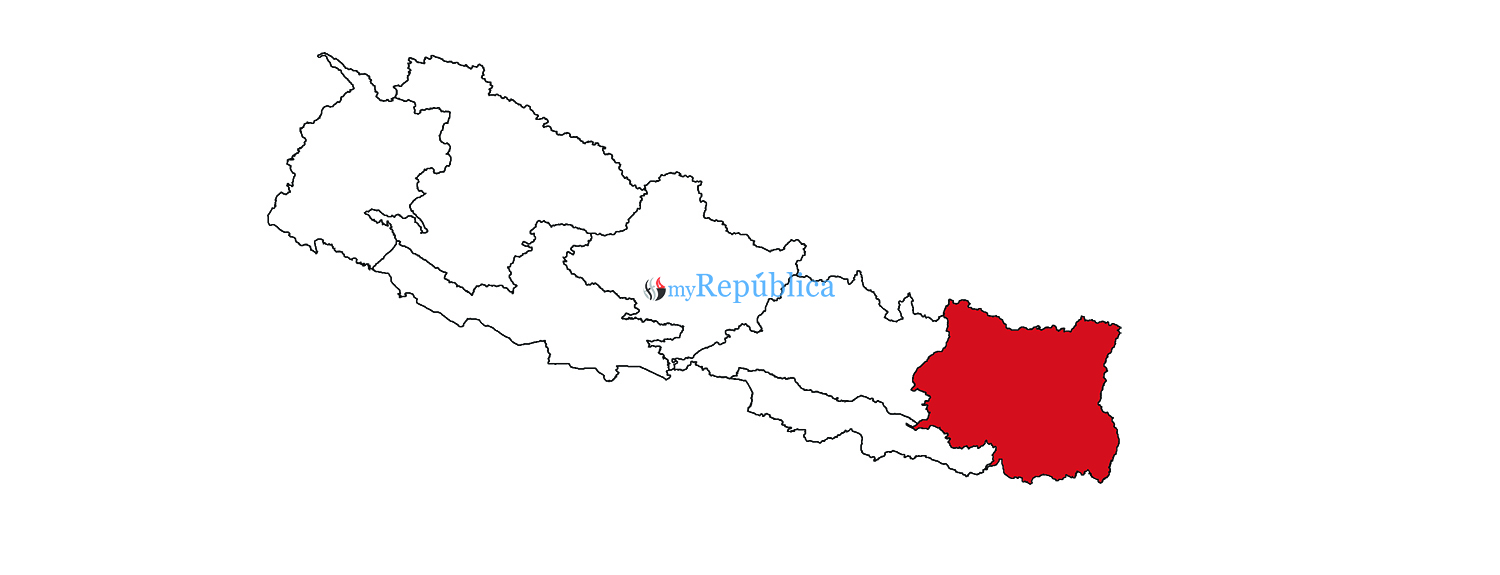

Just In
- Rupandehi District Court orders to release Dipesh Pun on a bail of Rs 400,000
- Teachers’ union challenges Education Minister Shrestha's policy on political affiliation
- Nepal sets target of 120 runs for UAE in ACC Premier Cup
- Discussion on resolution proposed by CPN-UML and Maoist Center begins in Koshi Provincial Assembly
- RBB invites applications for CEO, applications to be submitted within 21 days
- Telephone service restored in Bhotkhola after a week
- Chemical fertilizers imported from China being transported to Kathmandu
- Man dies in motorcycle accident in Dhanusha









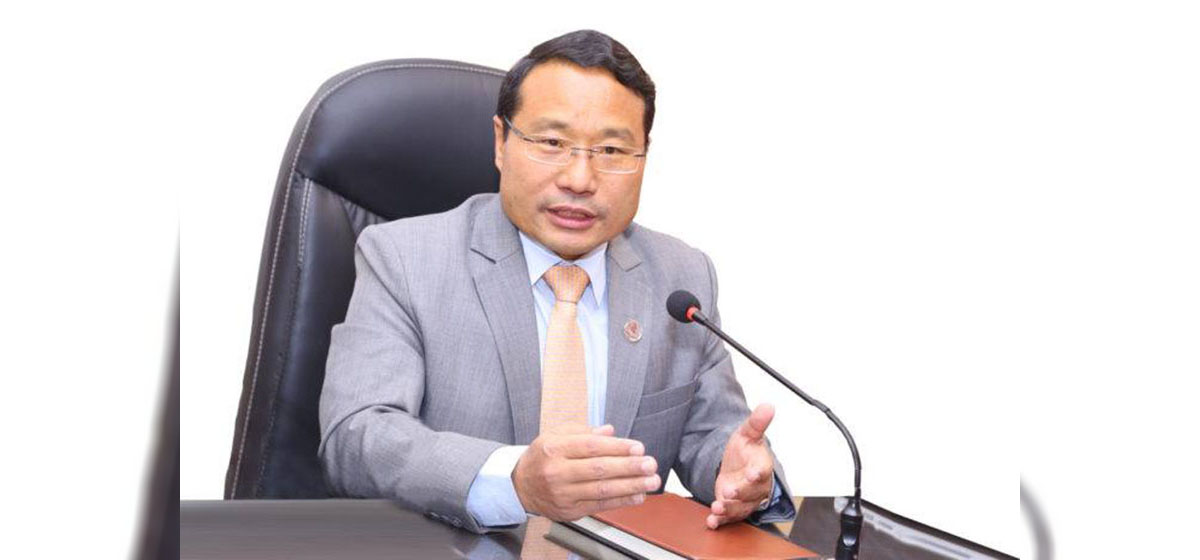


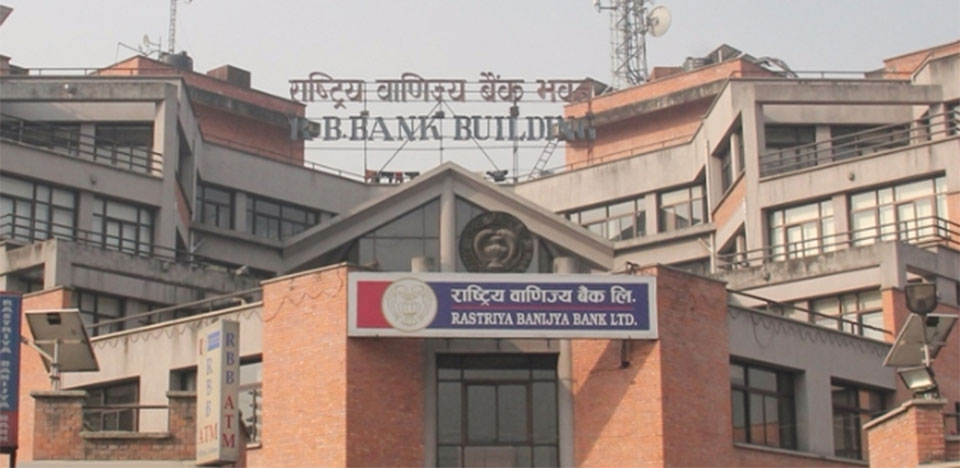


Leave A Comment